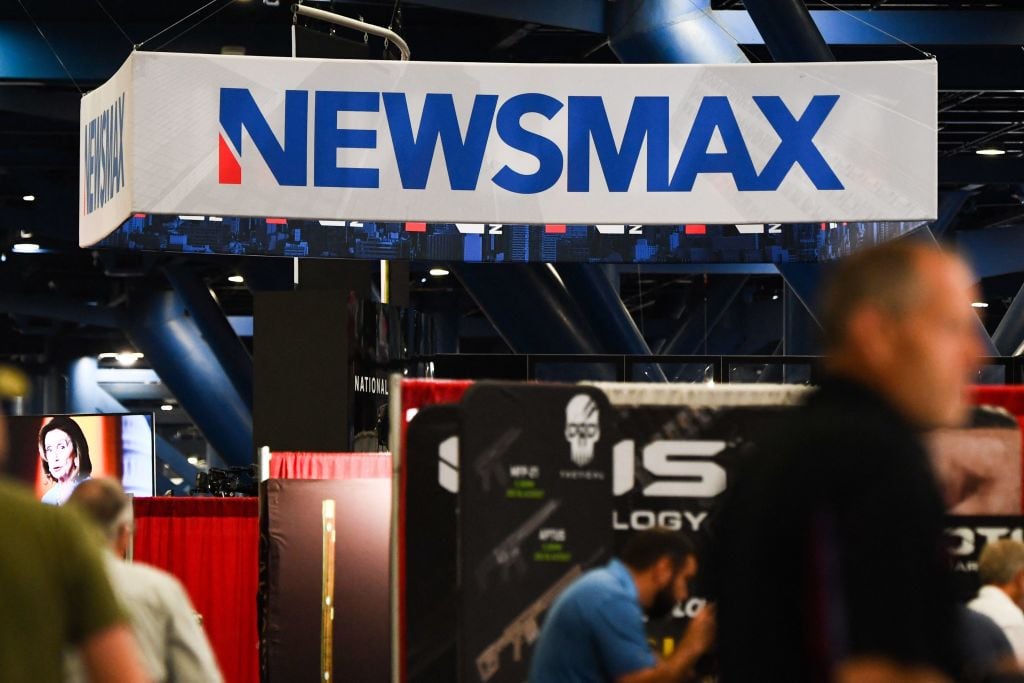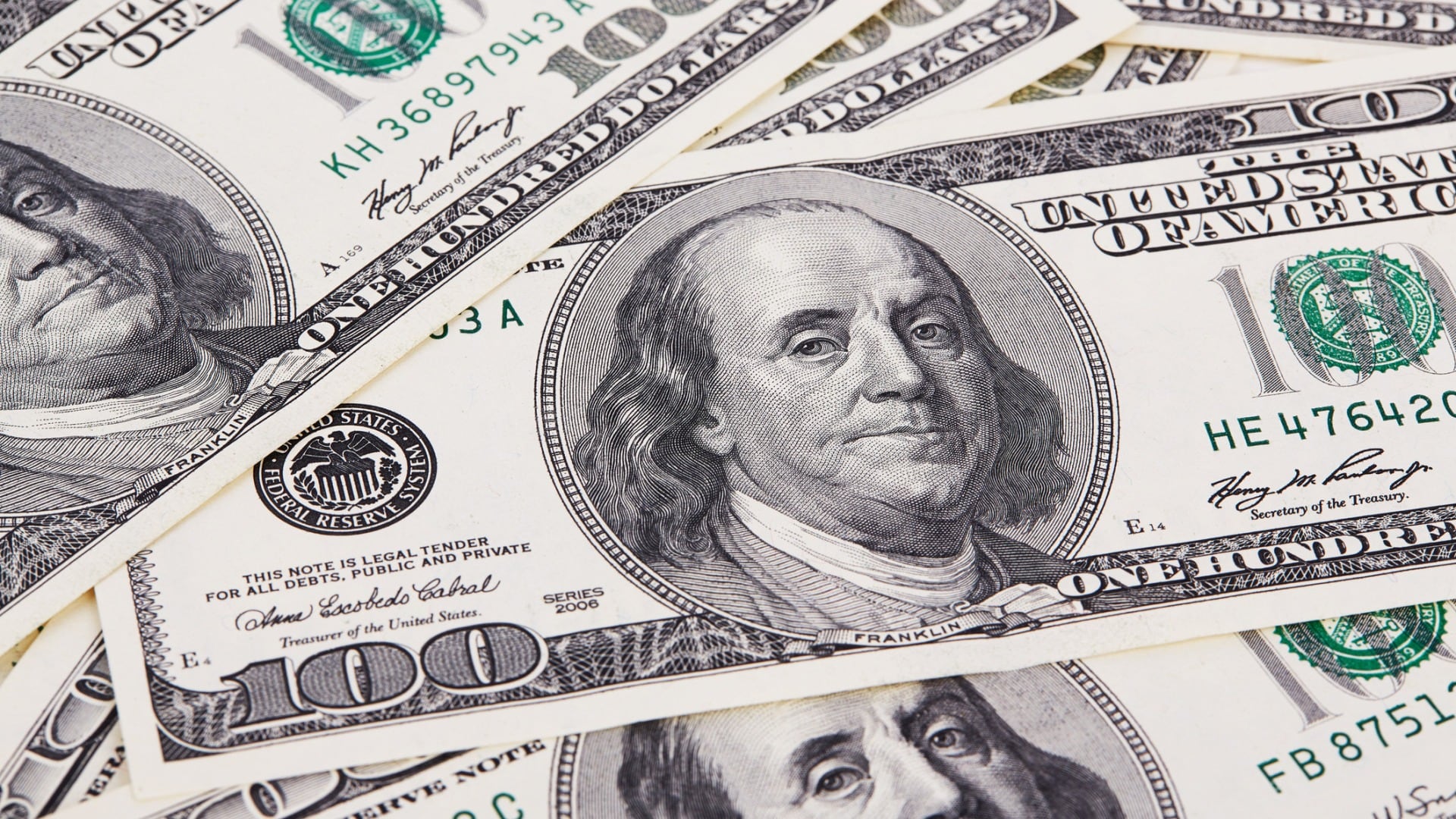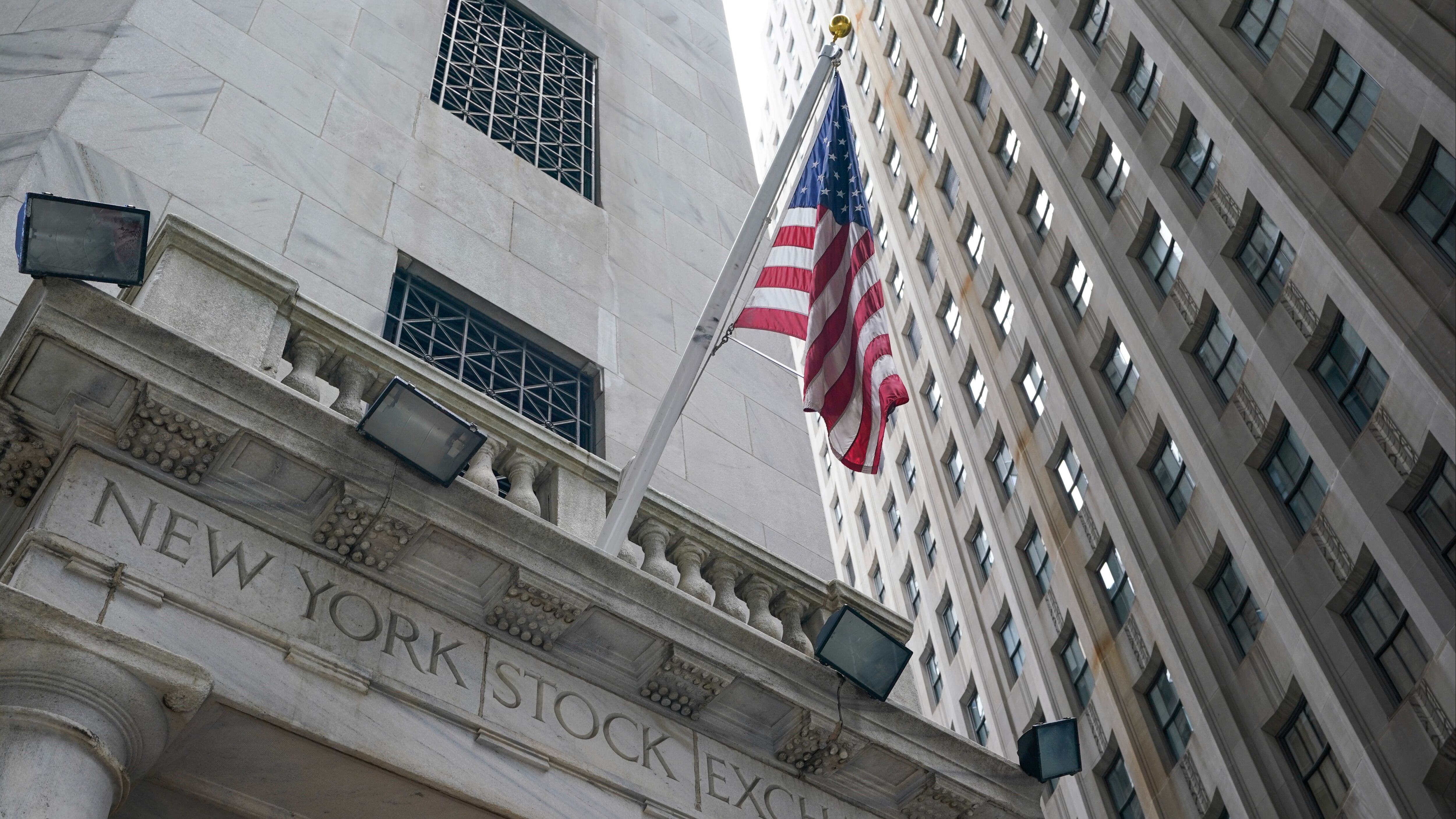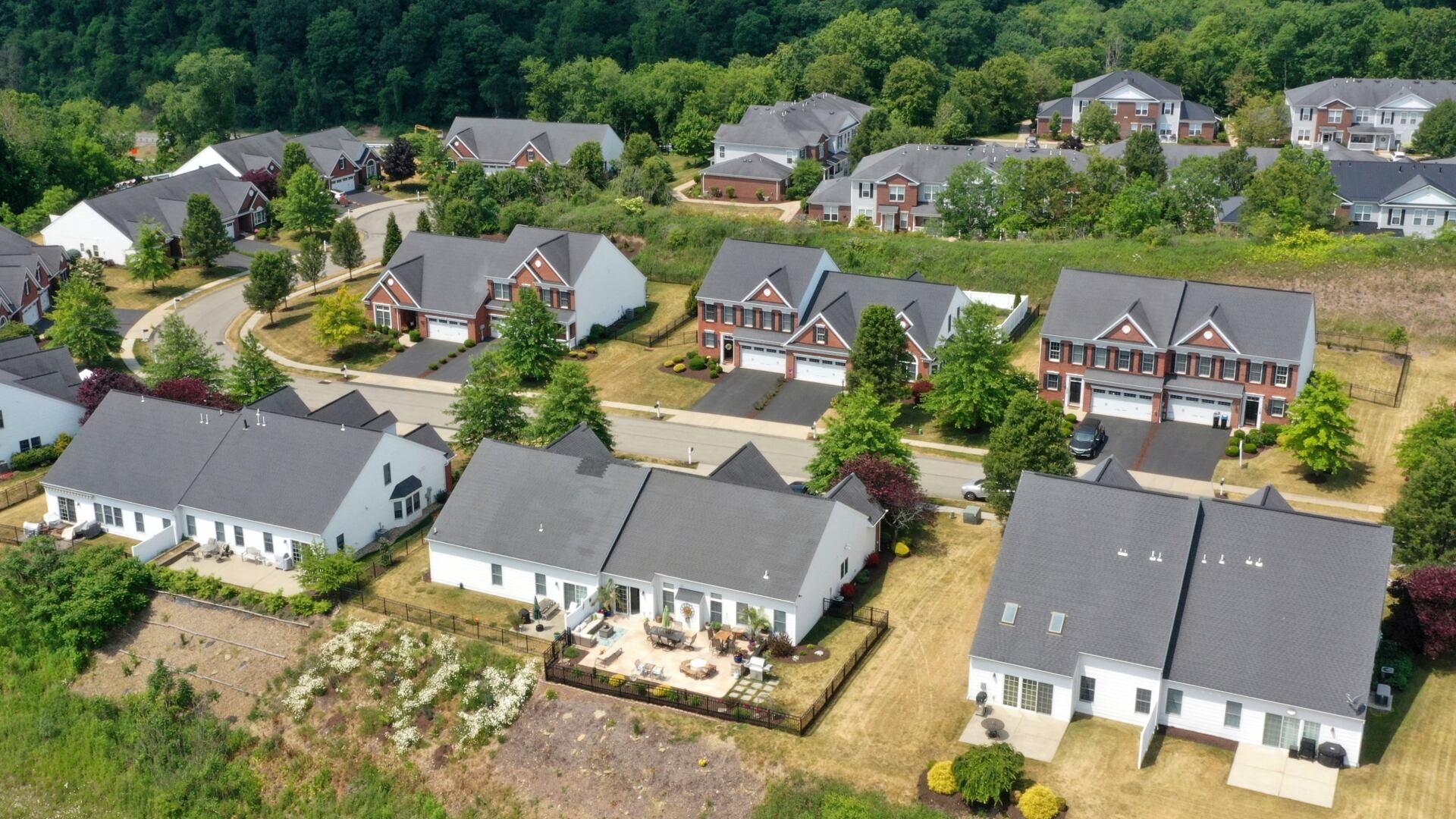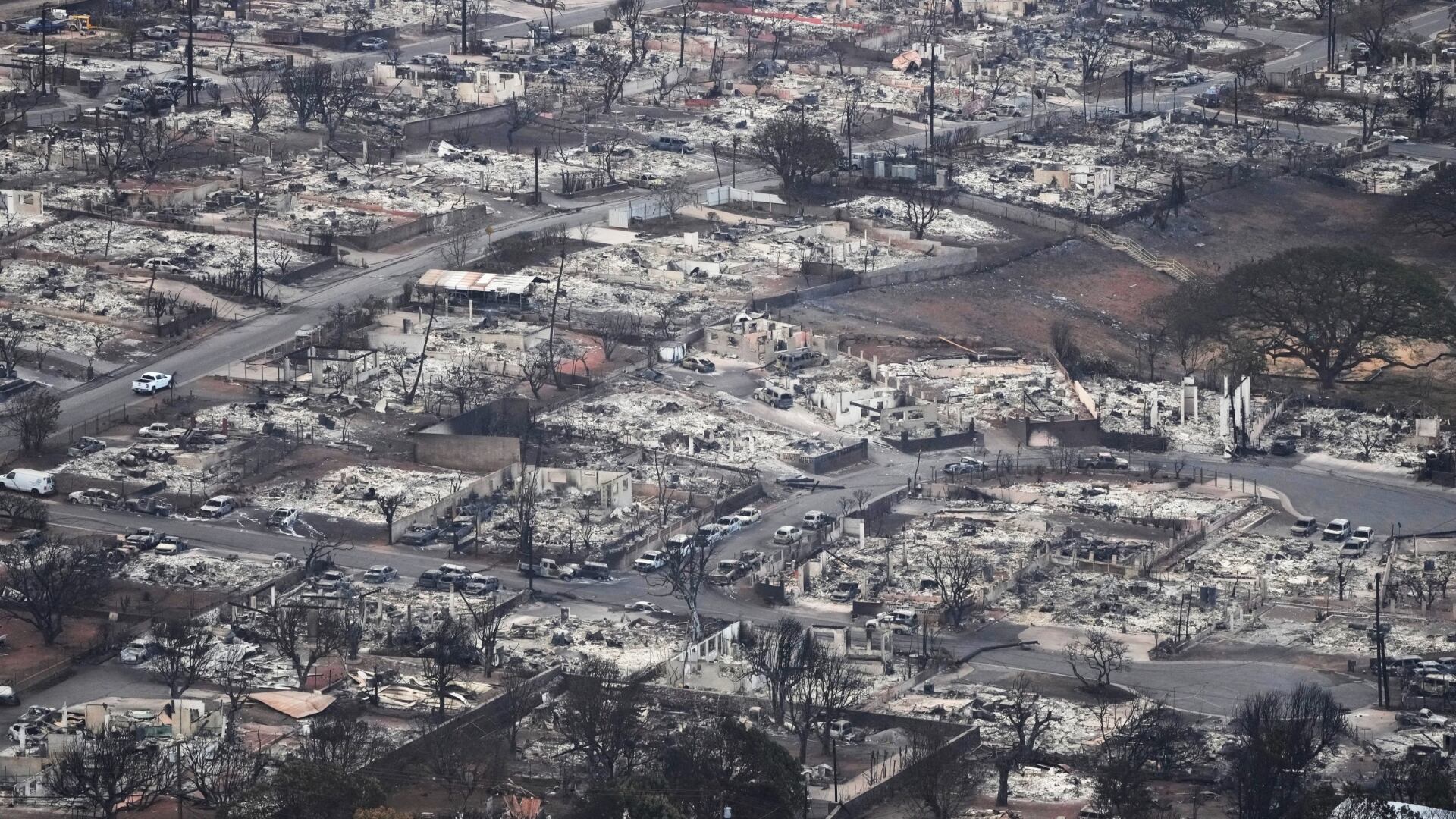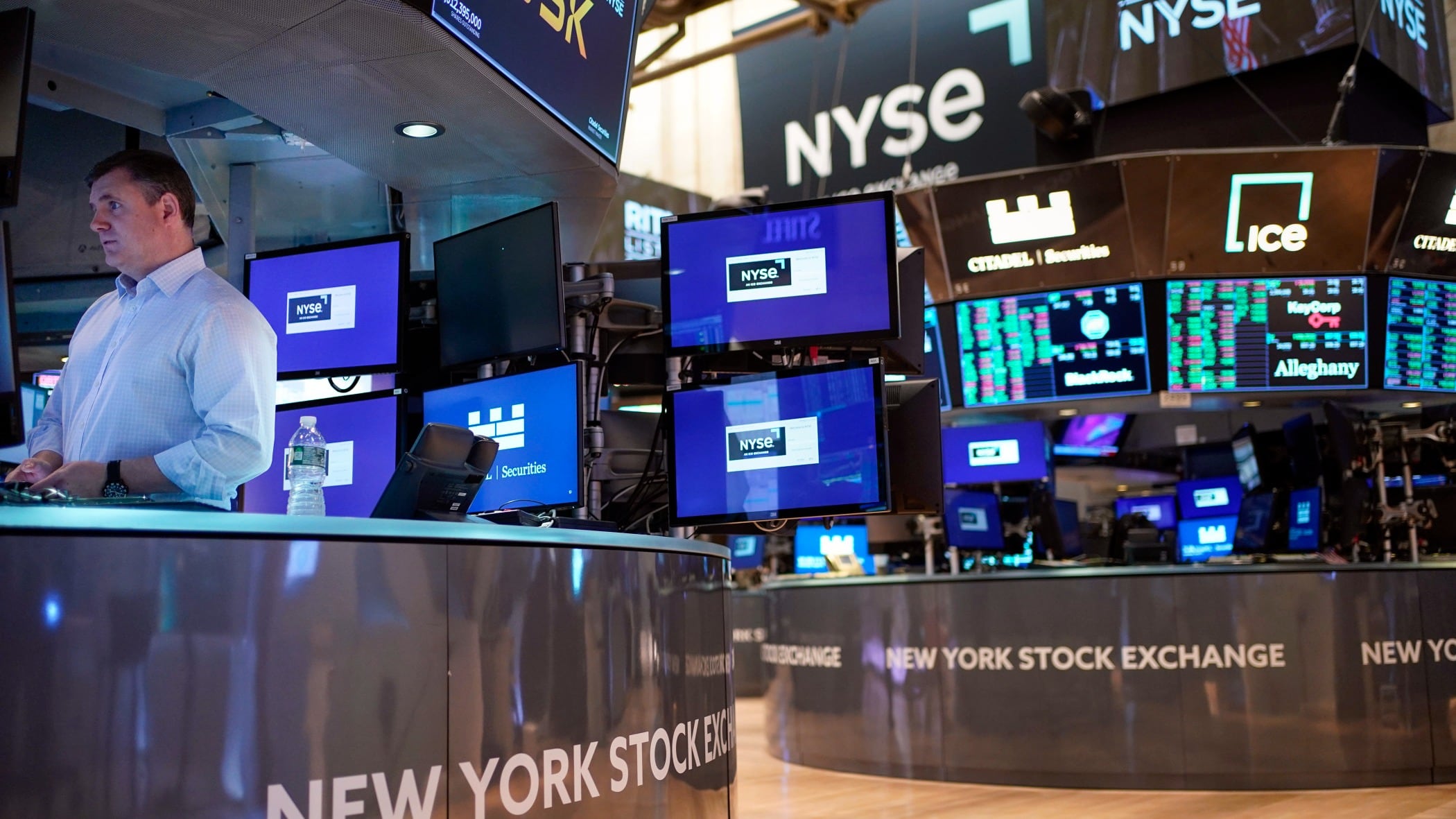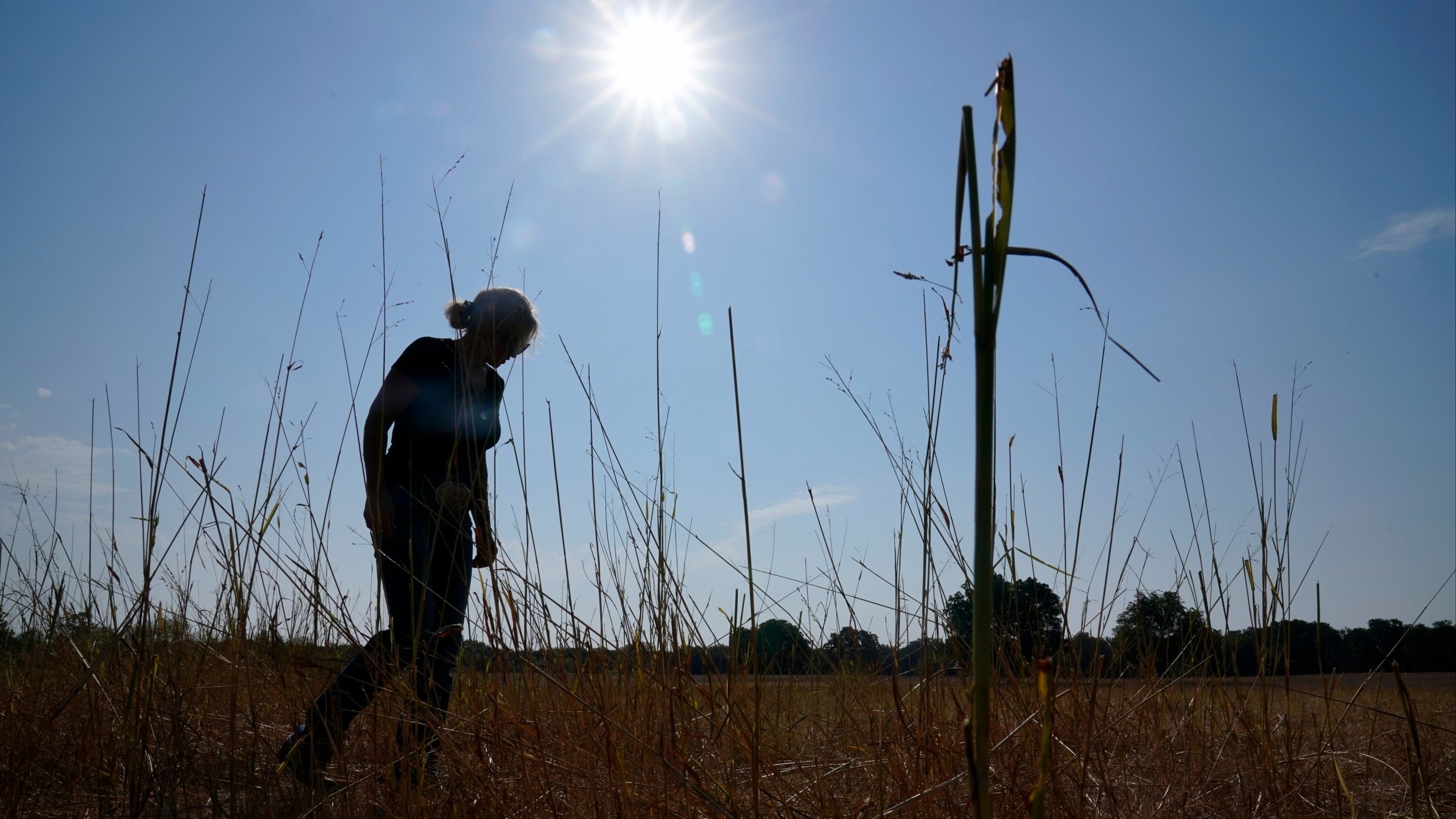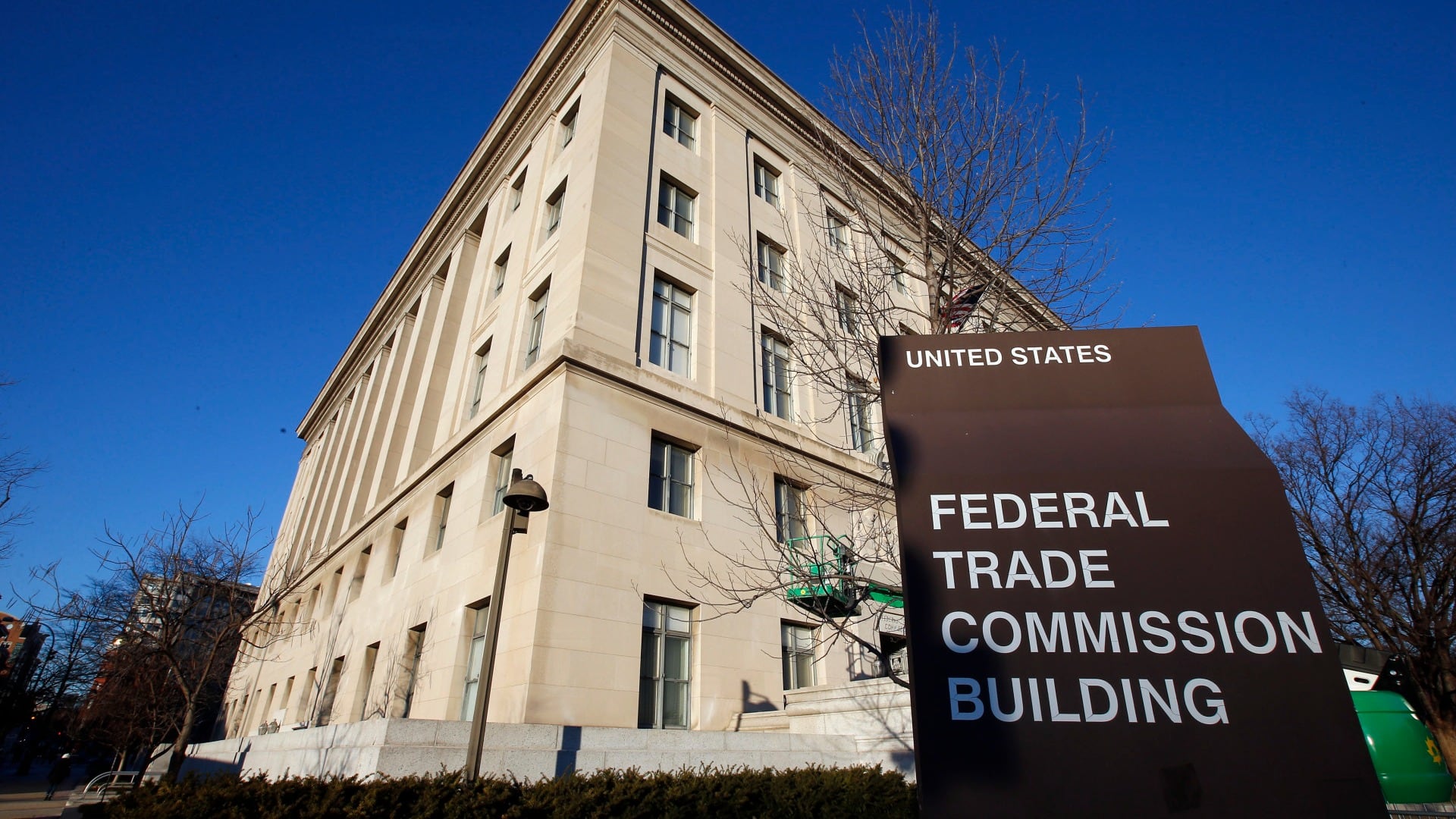Huawei is already responding to reports that the Trump administration plans to ban U.S. government agencies from doing business with the company and other embattled Chinese technology firms.
While the administration has not made an announcement yet, the rule would be the latest move by the White House against Huawei. The Chinese tech giant was deemed to be a threat to U.S. national security in May and has since been a central component of the ongoing trade dispute between the U.S. and China.
In a statement Wednesday, Huawei said a ban "will do nothing to ensure the protection of U.S. telecom networks and systems and rather is trade barrier based on country-of-origin, invoking punitive action without any evidence of wrongdoing."
It appears that the prohibition will be implemented under the National Defense Administration Act (NDAA) of 2019, which was signed into law last year and mandated that the federal government cease business with Chinese technology firms that pose security risks. In addition to Huawei, this also included ZTE and Hikvision, among others.
CNBC first reported on the ban Wednesday, citing a spokesman for the White House's Office of Management and Budget, Jacob Wood, who said that the Trump administration "will fully comply with Congress on the implementation of the prohibition of Chinese telecom and video surveillance equipment, including Huawei equipment."
The ban is set to go into effect on August 13, way ahead of the August 2020 compliance deadline stated in the NDAA, according to CNBC.
"The news today was not unexpected as it is the continued promulgation of the rules laid out by the" NDAA, Huawei said, adding that the company will continue to challenge the constitutionality of the ban in federal court.
